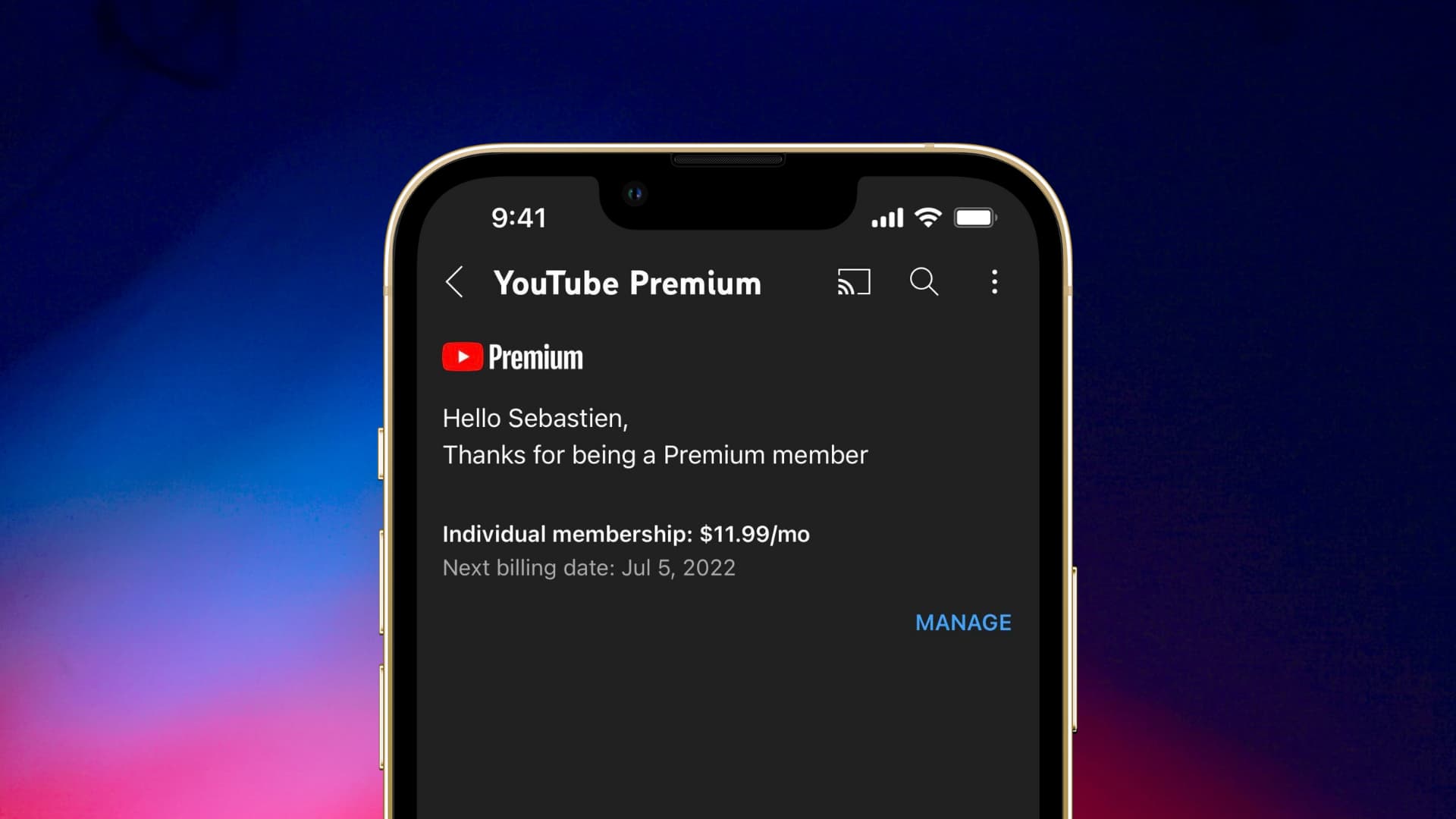Shopify is set to unveil its quarterly results, with investors closely watching for signs of growth driven by its artificial intelligence (AI) products, following Amazon’s recent move to empower its sellers with generative AI advertising tools.
Wall Street is anticipating a 22.38% increase in revenue to reach $1.67 billion compared to the previous year, as per estimates from LSEG.
Shopify’s Chief Financial Officer, Jeff Hoffmeister, expressed optimism regarding the company’s AI tools, referring to them as a potential “superpower” for sellers seeking assistance in selecting their product mix and expanding into new geographic markets. Shopify provides software and services to online sellers, offering apps that enable merchants to sell directly on prominent marketplaces like Amazon and Walmart, both of which are also integrating AI solutions for their sellers.
In July, Shopify unveiled Shopify Magic, a suite of AI-powered tools, including product descriptions, virtual assistants, blog posting, and email campaign capabilities designed to assist merchants. This launch came shortly after the company’s divestiture from its logistics arm in May. Part of this AI suite is Shopify’s AI app, Sidekick, which aids sellers in making decisions related to inventory, promotions, and marketing, reducing their reliance on third-party widgets.
Analysts are projecting a 21% increase in sales of Shopify’s merchant products, which includes Shopify Magic, to reach $1.2 billion compared to the previous year. Notably, this marks the first deceleration in four consecutive quarters.
By comparison, Amazon reported a 19.8% growth in its third-party seller services during the third quarter as part of its push to onboard more merchants onto its platform.
Michael Morton, an analyst at MoffettNathanson, expressed interest in Shopify’s strategy to attract larger enterprise customers, similar to Meta and the boot manufacturer Hunter. However, he believes that the e-commerce platform’s AI tools may not be an immediate selling point for securing larger clients.
Shopify Magic forms a part of the company’s long-term plan to attract more merchants to its platform who are willing to pay higher prices for its services. In April, the Ottawa-based company increased its monthly subscription fees, including Shopify Magic as part of the package at no additional cost.
During the second-quarter earnings call, Shopify’s President, Harley Finkelstein, highlighted that bringing larger merchants to the platform had a positive impact on sales volumes for Shopify’s loan, payment, and point-of-sale tools, leading to increased “cross-sell” volumes.
Generative AI, however, may prove to be a “tougher sell” for merchants experiencing the effects of slowing demand and displaying less willingness to experiment, cautioned Angelo Zino, an analyst at CFRA Research. Zino emphasized that as long as Shopify can demonstrate productivity enhancements associated with AI, there remains potential for monetization, albeit possibly not immediately.


